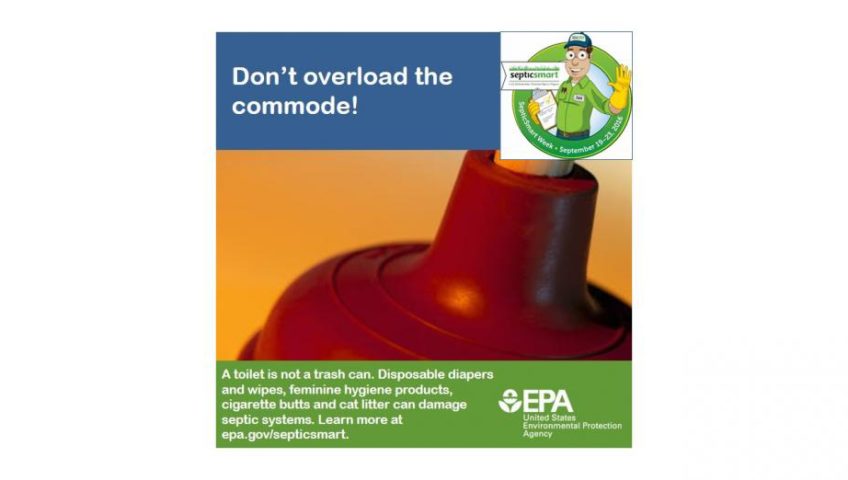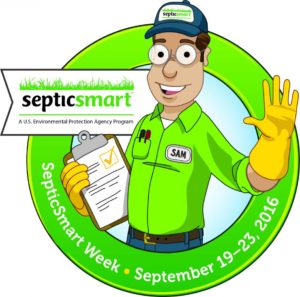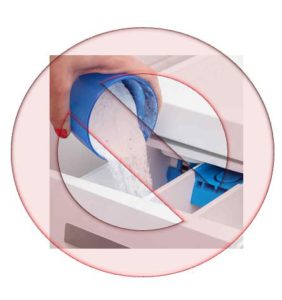Every year the US Environmental Protection Agency (EPA) promotes septic tank awareness and offers information and suggestions to homeowners. The information provided encourages those with septic systems to maintain them properly and forget the idea of “Out of Sight, Out of Mind”.
For EPA resources, click the link here: RESOURCES Here you can view helpful information regarding how your septic system works, how to maintain the system and why it’s important, what happens after you flush, etc. Seriously, some really good information to have as a homeowner with a septic system.




